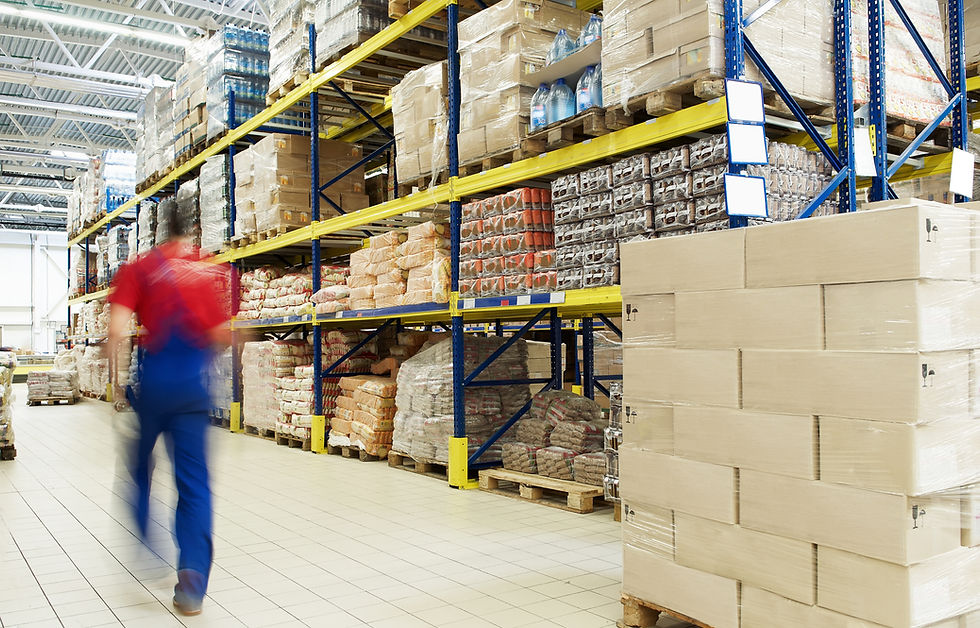Are Your Premises a Constraint on Your Capacity?
- John Taylerson

- Feb 7, 2022
- 3 min read
One of the big constraints for scaling a food or drink businesses can be your location. Are you producing in your own premises or do you use a third party for your contract processing or packing?
In an ideal world, food and drink companies would like the benefit of owning their own building which bolsters the balance sheet with the asset and offers the option of being able to borrow against that asset to fund growth. Assuming that isn’t an option, then securing a lease on a building is the most obvious option.
But finding a suitable building to rent is a big challenge. The main issues we hear from our Cluster members are:
Lack of vehicle access to a building that is suitable to produce food and drink
Securing waste drainage approval, what and how much can go to waste
Power (3 phase etc.) and mains gas
Building fabric: is it pest-proof, suitable for adaption for high-risk areas, has changing rooms, adequate floors, drains, fire proof insulation which is insurable?

If you are searching for new premises, whether as a tenant or owner, take time to consider all the costs such as dilapidations or remediation, building insurance, electrical inspections, and certifications; these hidden and often unbudgeted issues can cost precious money, time, and effort. Installation costs for items such as boilers for food and drink processing might be higher or take longer than anticipated; and installation costs won’t be recoverable if you decide to move to another site, sell or decommission the factory.
Are you considering selling from your production site with a factory shop “add on”? Don’t forget to check the local planning regulations – there may be restrictions in place which limit opening hours, vehicle movements, noise, etc.
If you are a tenant, make sure there are landlord waivers in place to ensure that a lender financing capital equipment is satisfied they can secure their equipment from the site should the unthinkable happen.
And the considerations don’t end with the site itself. There is no point in securing a great site if you don’t have access to staff. Can they easily get to the production site? If the site is in a rural location, what are the public transport options for those without cars? How good is the local infrastructure? Is the power supply sufficient for your business? What about broadband speed? What is the access like, not just for staff but for hauliers, couriers and distribution?
Food and drink businesses often use contract processing or packing as way to gain extra capacity if constrained by the premises. If another company can produce your product, to your specification, at an economic rate such as minimum order sizes, costs and wastage levels, it could be that this option allows your business to expand off-site, even if only to allow you to buy time before committing to a new site, expanded premises or replanning and installing equipment on your site.
In short, locating the right property, in the right place, with permissions, services, people and access to markets can be complicated, expensive and time consuming and should probably only be considered once you have squeezed every last drop of productivity improvements out of your existing site.
Interested in hearing more about how to overcome capacity challenges? Register HERE to attend our first conference, Money To Grow, on 24th March 2022.




Comments